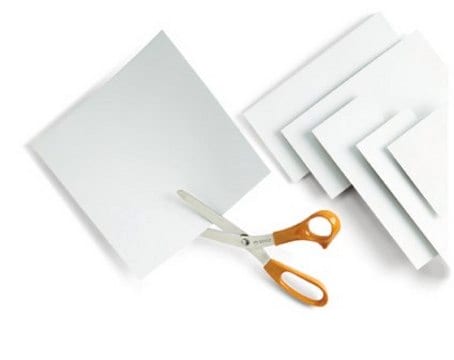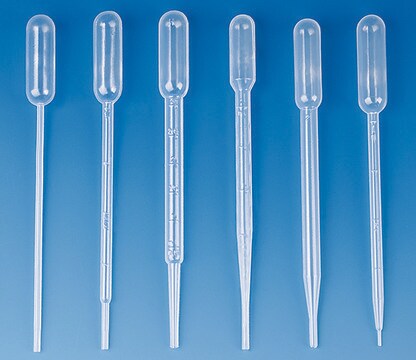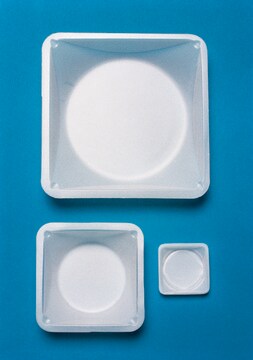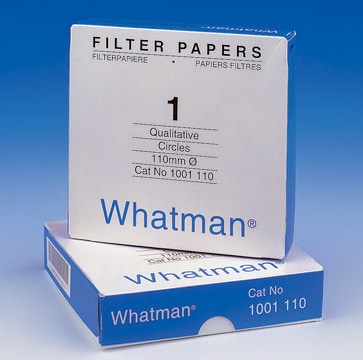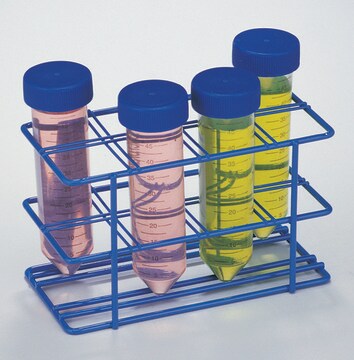DDAC00010
Direct Detect® Assay-free Cards
50 Membrane cards used for protein quantitation in the Direct Detect® Infrared Spectrometer.
Synonim(y):
Assay cards
About This Item
Polecane produkty
Poziom jakości
producent / nazwa handlowa
Direct Detect®
metody
protein quantification: suitable
Warunki transportu
ambient
Opis ogólny
DDAC00010-GR = 50 Cards
DDAC00010-4P = 200 Cards
DDAC00010-8P = 400 Cards
The Direct Detect Assay-free Cards are desgined for use in the the Direct Detect Spectrometer. The card contains four hydrophilic polytetrafluoroethylene (PTFE) membrane positions sized for easy sample application and surrounded by a hydrophobic ring to retain analyzed sample within the IR beam. A 2 μL sample volume is recommended in order to assure proper sample application, drying, and measurement.
The Assay-free card can be inserted into the system and analyzed immediately after preparation. The Direct Detect spectrometer has a built in drying system that will automatically dry the sample to the point where it will give an accurate reading.
The Direct Detect Assay-free card is intended for a one-time protein application, however, already prepared cards can be stored and reread later.
Informacje prawne
Kod klasy składowania
11 - Combustible Solids
Certyfikaty analizy (CoA)
Poszukaj Certyfikaty analizy (CoA), wpisując numer partii/serii produktów. Numery serii i partii można znaleźć na etykiecie produktu po słowach „seria” lub „partia”.
Masz już ten produkt?
Dokumenty związane z niedawno zakupionymi produktami zostały zamieszczone w Bibliotece dokumentów.
Produkty
Dowiedz się, w jaki sposób kwantyfikacja białka całkowitego za pomocą spektrometru podczerwieni może być dokładniejszą i bardziej uniwersalną alternatywą dla metod Bradforda, BCA lub UV.
Nasz zespół naukowców ma doświadczenie we wszystkich obszarach badań, w tym w naukach przyrodniczych, materiałoznawstwie, syntezie chemicznej, chromatografii, analityce i wielu innych dziedzinach.
Skontaktuj się z zespołem ds. pomocy technicznej